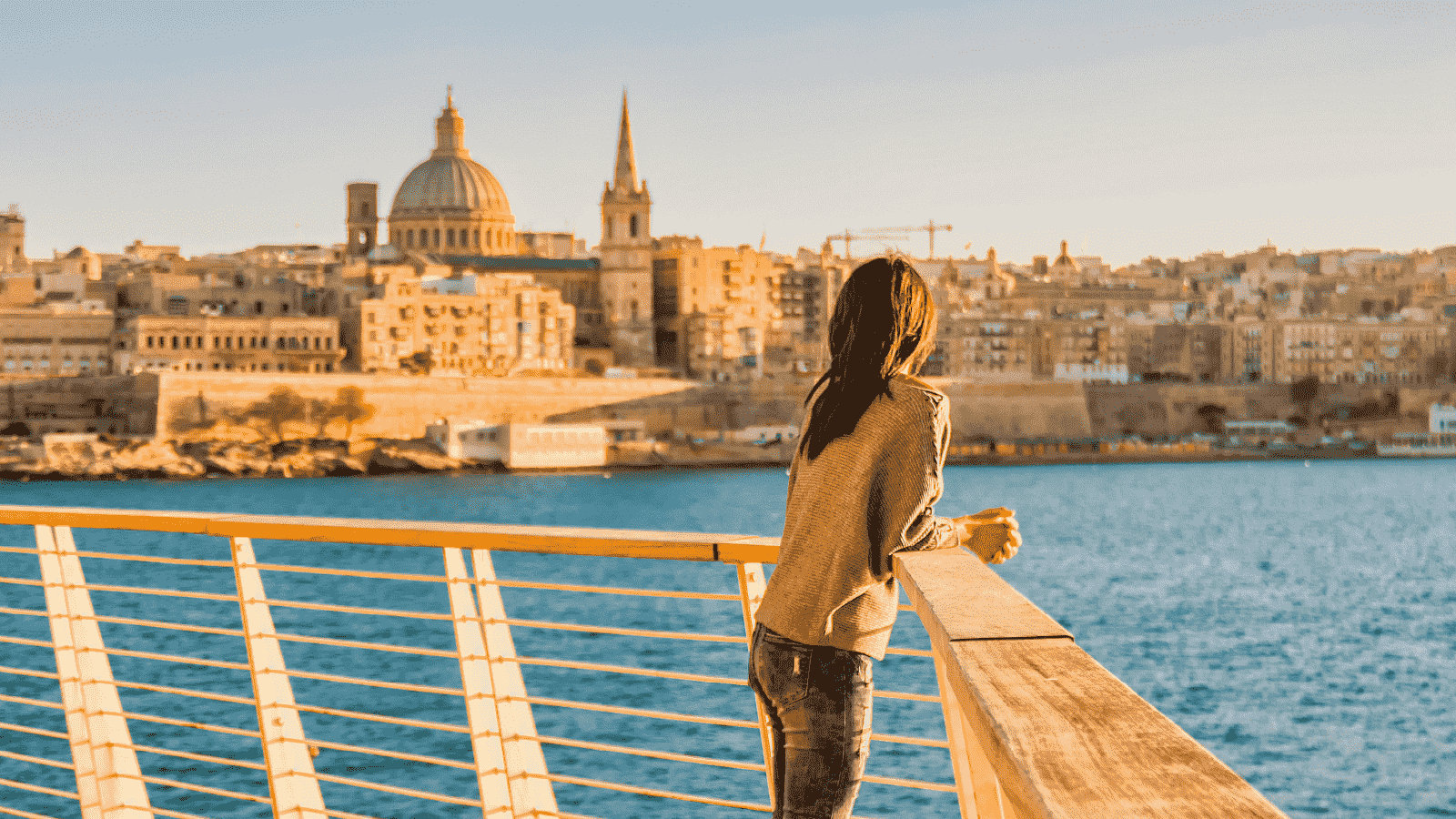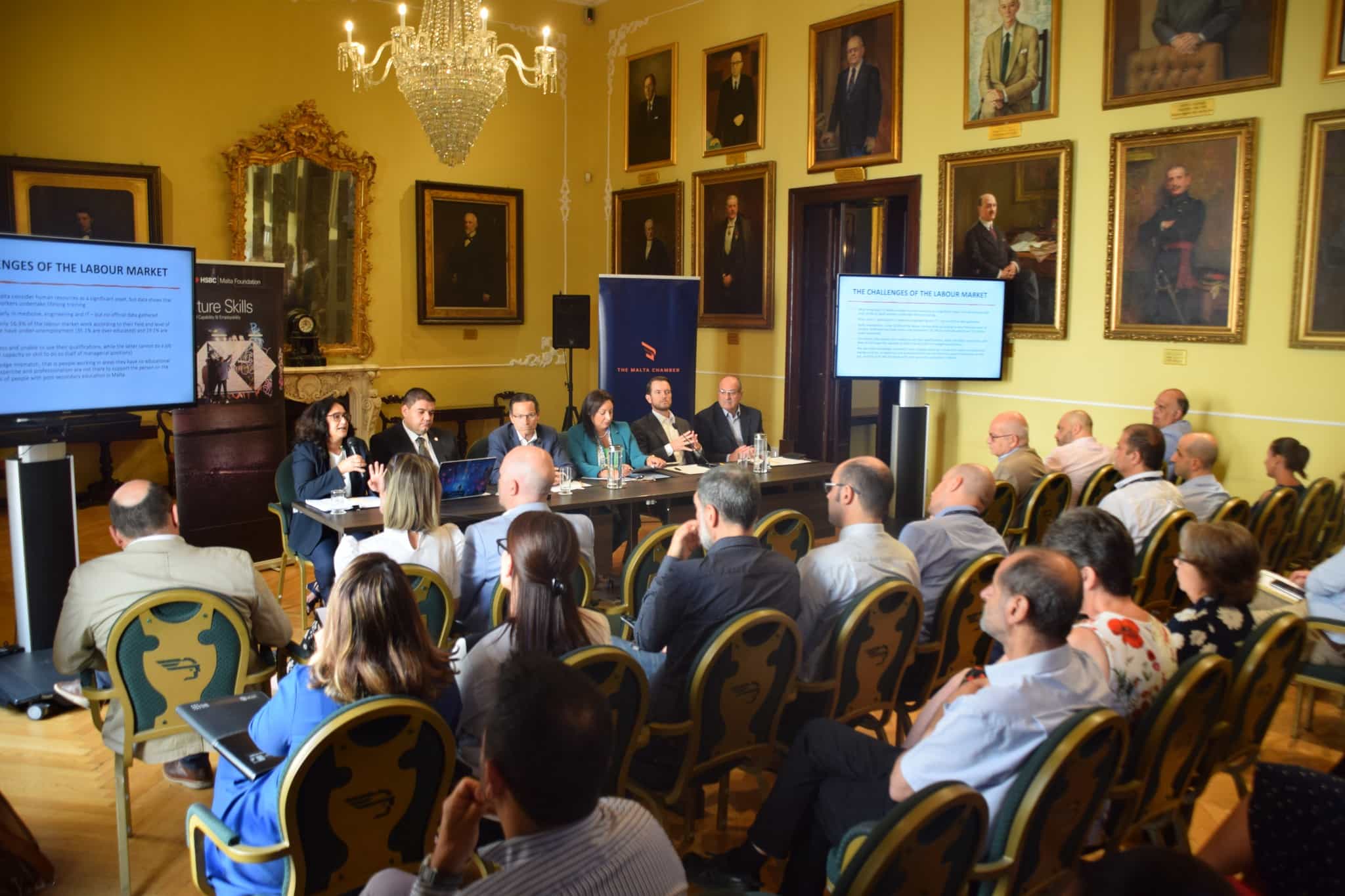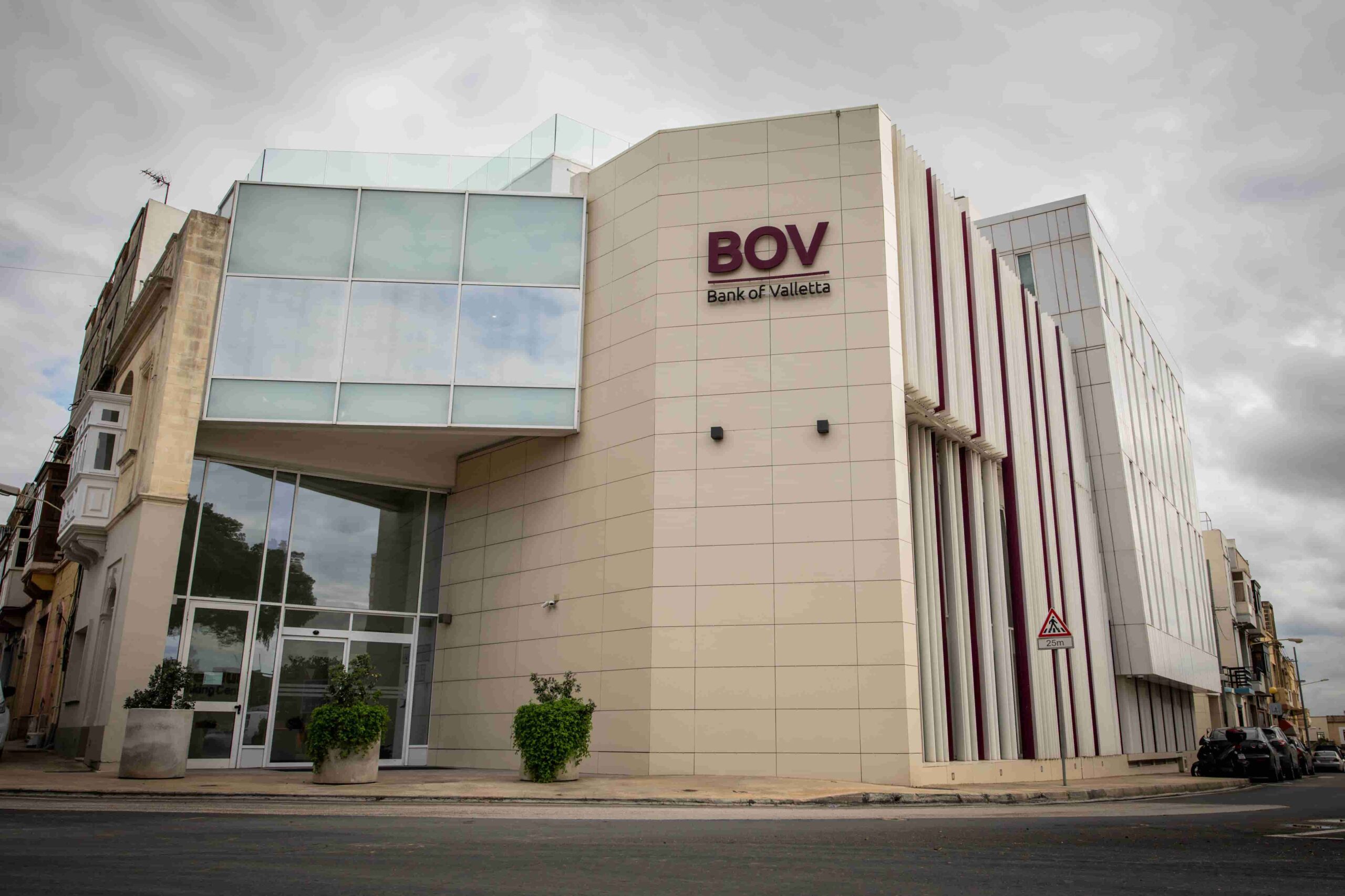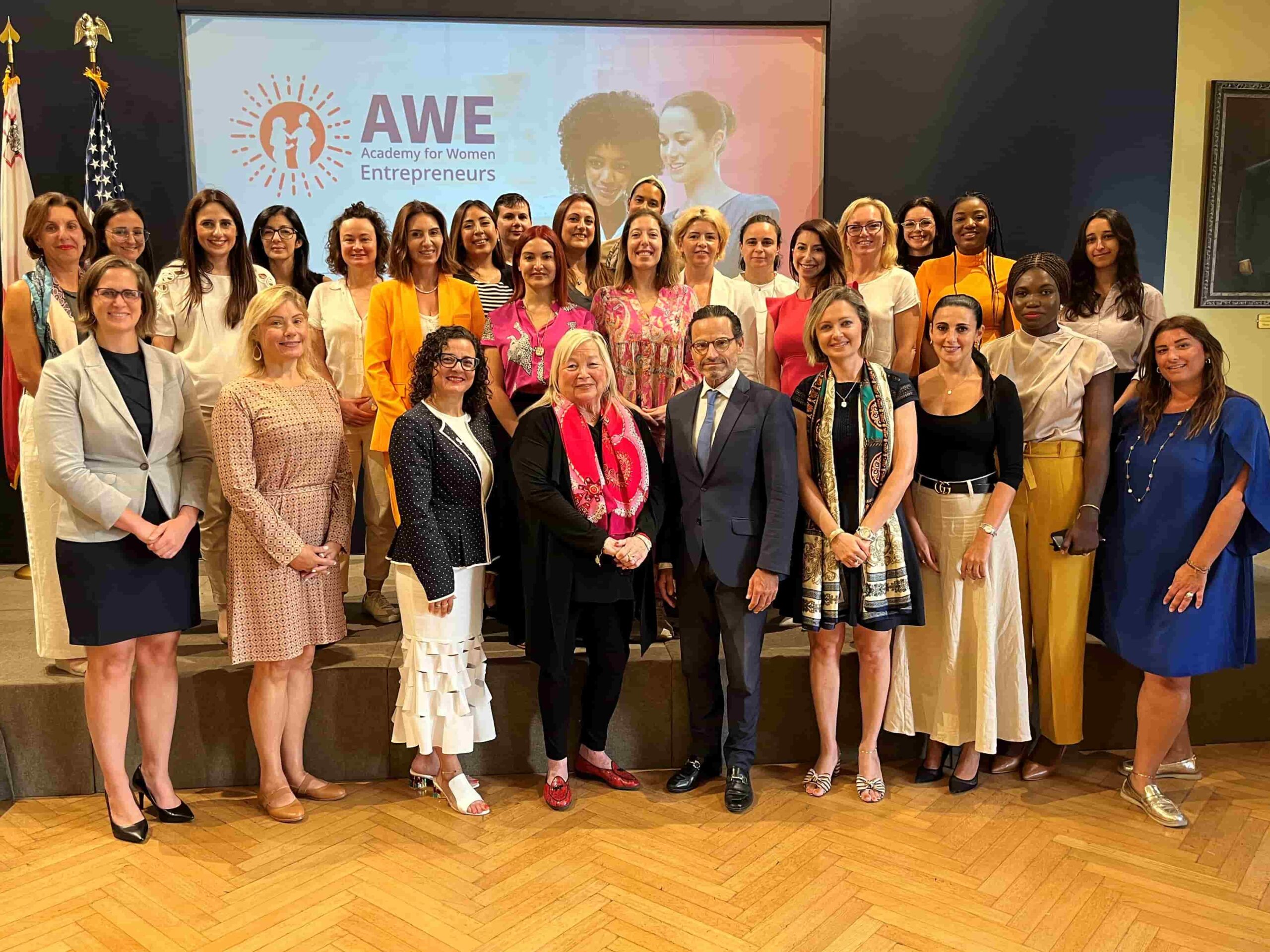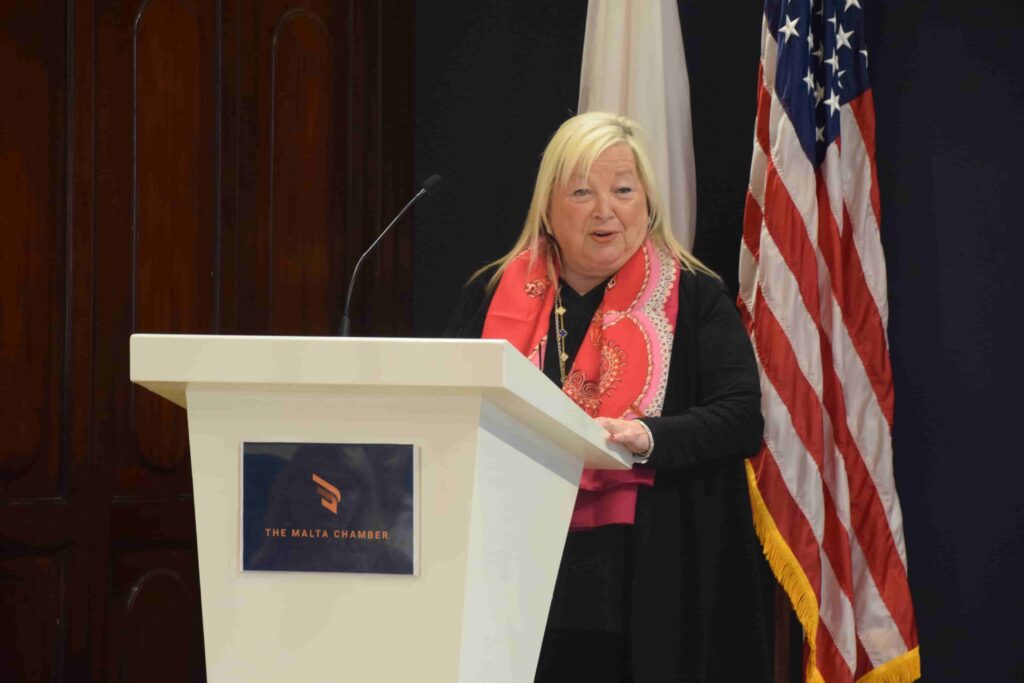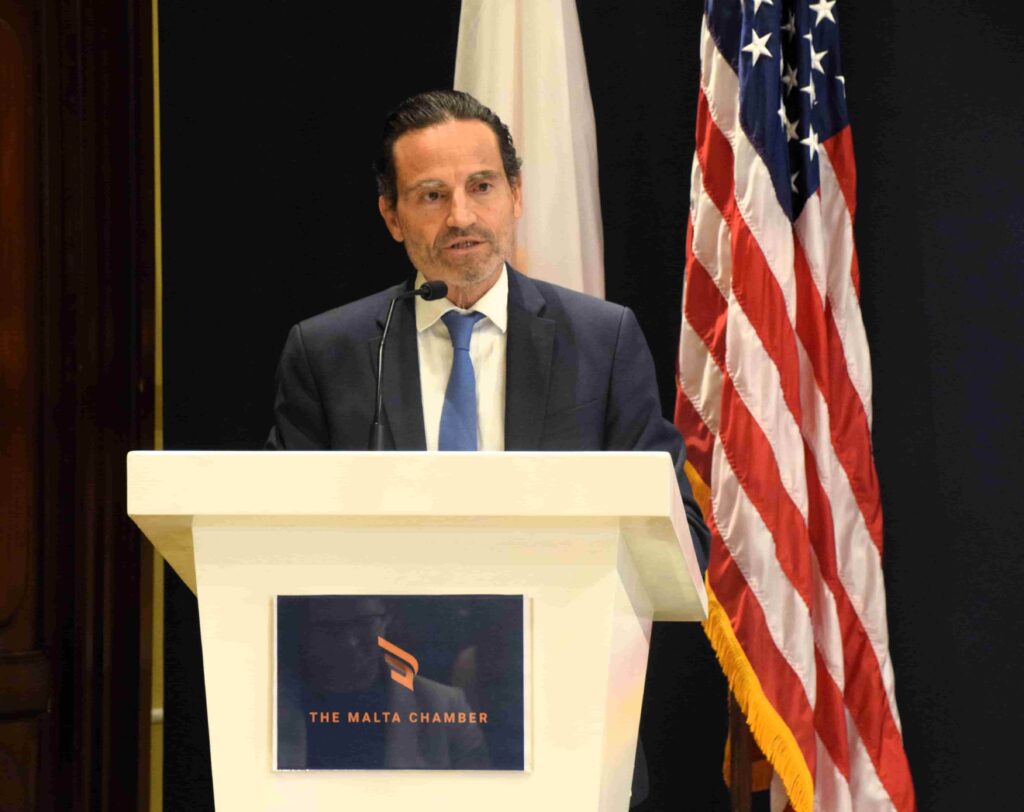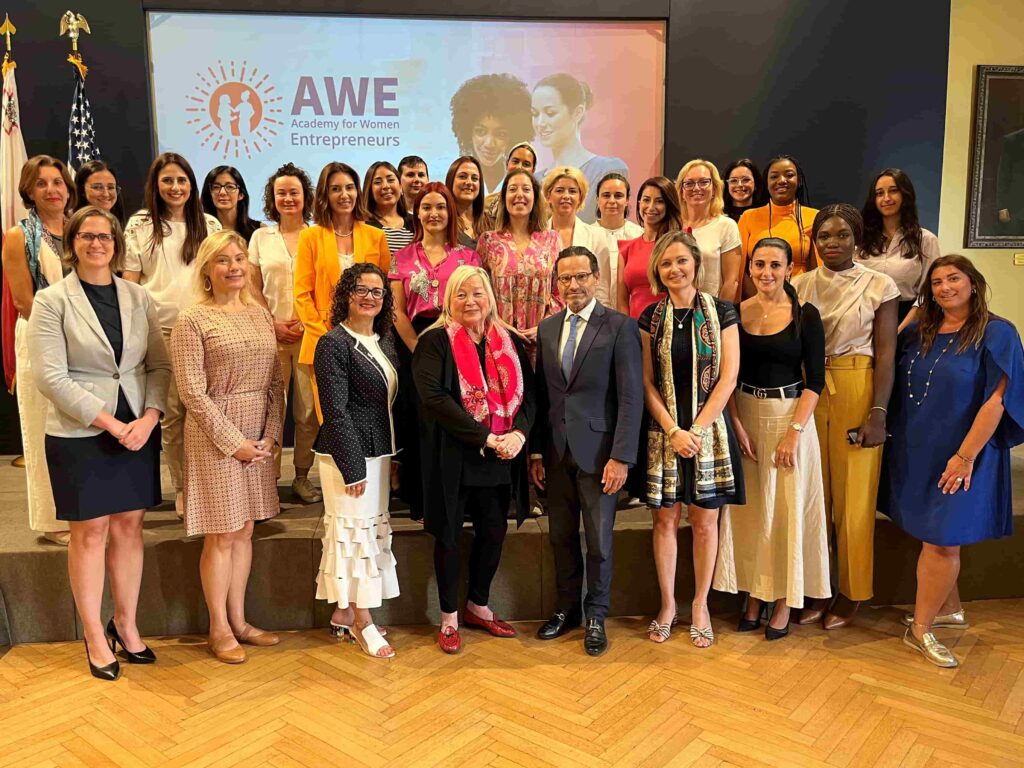The below is the keynote address that was delivered by Chris Vassallo Cesareo, The Malta Chamber President, during the EY Malta Future Realised 2024 Conference:
I wish to begin by expressing my sincere thanks to EY for the kind invitation and for giving me the honor of opening today’s event. This gathering has become a significant highlight in our calendars. And this year’s session is particularly timely, as we find ourselves only five days away from the national Budget. This timing calls for all of us to engage with open ears and open minds.
As the President of The Malta Chamber of Commerce, Enterprise and Industry, with four months remaining in my term, I ask for the opportunity to share some of the insights and lessons I have learned along the way.
Like some of you, I began as an entrepreneur, representing a family business. When I took up this role, I had to adopt a broader perspective, moving beyond the contained, micro level to focus on issues impacting the country as a whole. No longer viewing challenges solely through the lens of a business owner, I found myself looking at Malta’s economy and society from a much wider angle—almost from day one.
Through The Malta Chamber’s engagement with its members, I have gained a hands-on understanding of the real challenges we face. These are challenges that not only hinder business productivity and efficiency but also impact the broader quality of life on our islands. We’ve talked often about these difficulties—businesses struggling to find skilled workers, the delays caused by traffic congestion, weakened infrastructure, rampant overpopulation, and the strain on our resources and environment caused by over-tourism.
I believe all of you have, at some point, heard and appreciated our constructive positions on these matters.
Today, however, I will take the liberty to address our country’s leaders, decision-makers, and economic stakeholders present here. I am confident that we all share the same common goal: improving the quality of life for everyone living and working in Malta.


With that goal in mind, I make this appeal to you. Our country’s focus on headline economic indicators such as GDP growth, per capita income, and unemployment rates, often overlooks the broader societal costs that come with pursuing growth at any cost. As we chart the way forward, we must shift from superficial assessments of economic success to a deeper, more holistic analysis of the well-being of our population—both now and in the future. Economic policies must prioritize sustainable development and ensure a good quality of life for all citizens.
Malta’s infrastructure is under tremendous strain. Skyrocketing housing prices, overburdened public services, and the daily stresses on our roads and utilities are signs that the current economic model, which depends heavily on increasing the number of foreign workers and tourists, is unsustainable. No matter how much we invest in infrastructure, if the demand continues to grow unchecked, we will eventually reach a point of no return. The simple truth is this: we need to rein in the numbers and focus on value and quality. Otherwise, we risk seeing a total collapse of our infrastructure and essential services.
At The Malta Chamber, we believe that the solution is clear. Malta is at a crossroads. Continuing with the status quo is not a viable option. What we need is a well-structured economic transformation strategy that enables sustainable economic growth while preserving a high quality of life.
Such a strategy would allow Malta to achieve several key milestones:
- It would reduce our reliance on Malta’s attractiveness being tied to corporate taxation and shift it towards unique competencies and greater efficiency.
- It would ensure that present and future generations are equipped with the skills needed to support this strategy, meaning our education system must be aligned and adequately resourced to meet these demands.
- It would help us strike the right balance between economic growth and sustainability, two objectives that have long been seen as conflicting, but should instead reinforce each other.
- It would direct investment towards value-added sectors, increasing productivity rather than pouring capital into developments that further strain our infrastructure, like hotels or supermarkets.
Today’s event centers on sustainability, a theme that The Malta Chamber has spoken about year after year. For example, in our response to Malta’s Sustainable Development Strategy for 2050, we emphasized that economic growth must go hand in hand with increased quality of life, well-being, and sustainability. Among our proposals were ideas like a smart energy grid, better use of organic waste, an e-mobility wallet, and new success measures like a well-being index. Achieving these goals requires a comprehensive economic transformation, one in which Malta must lead or risk falling behind.

We cannot discuss sustainability without addressing urban planning. Proper planning ensures a sustainable level of economic development while safeguarding our cultural and natural heritage. It also promotes efficient infrastructure and a high quality of life. Planning must be forward-thinking, taking into consideration the long-term impact on our environment and communities.
To accomplish all of this, we must strive for political consensus on an economic transformation strategy that values quality over quantity, productivity over volume, and compliance with transparent communication between the government and social partners. This means raising social dialogue to a higher level—giving stakeholders, including political players and social partners, a meaningful role in shaping Malta’s economic future. This cannot be limited by electoral timelines but must transcend short-term political gains for the sake of long-term national progress.
As Mario Draghi once said, we need maturity and foresight in our decision-making. We must look beyond short-term, domestic concerns and embrace a global, forward-thinking perspective. As a nation we have always proved to be resilient and risen to the occasion when change was required. Now it is the opportune time to collectively move into action once again and transform the challenges we are facing into opportunities. The decisions we make today will shape Malta’s future for generations to come.
I hope my remarks help set the tone for your discussions today. Congratulations once again to EY for organizing this important event, and I wish you all fruitful discussion.




